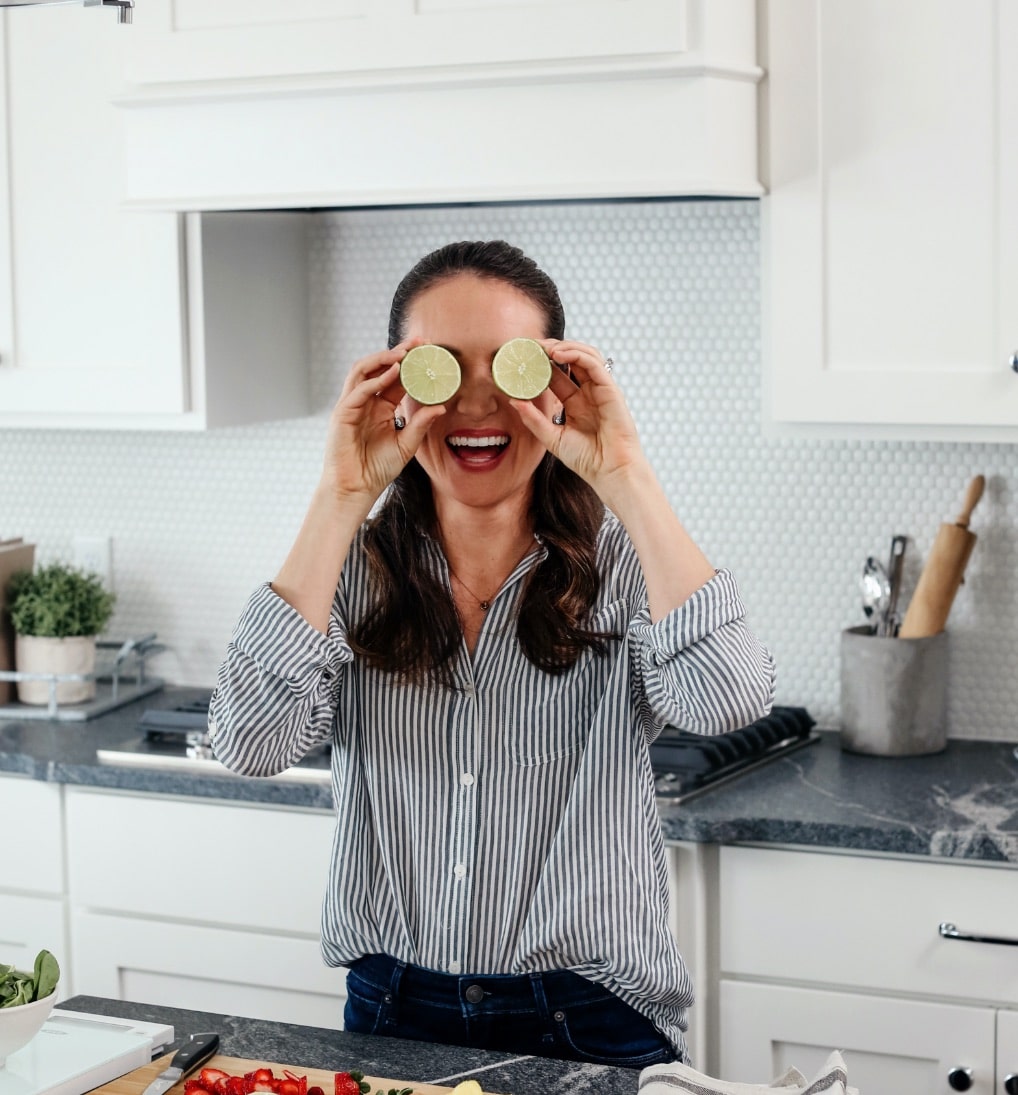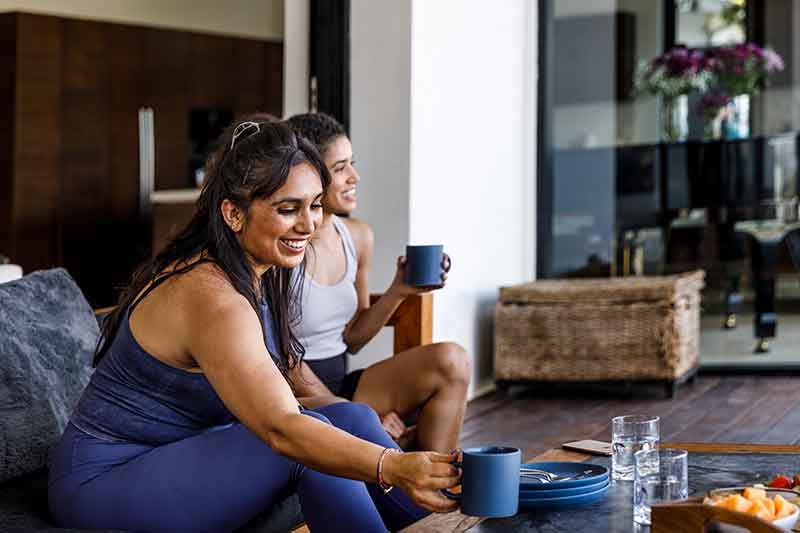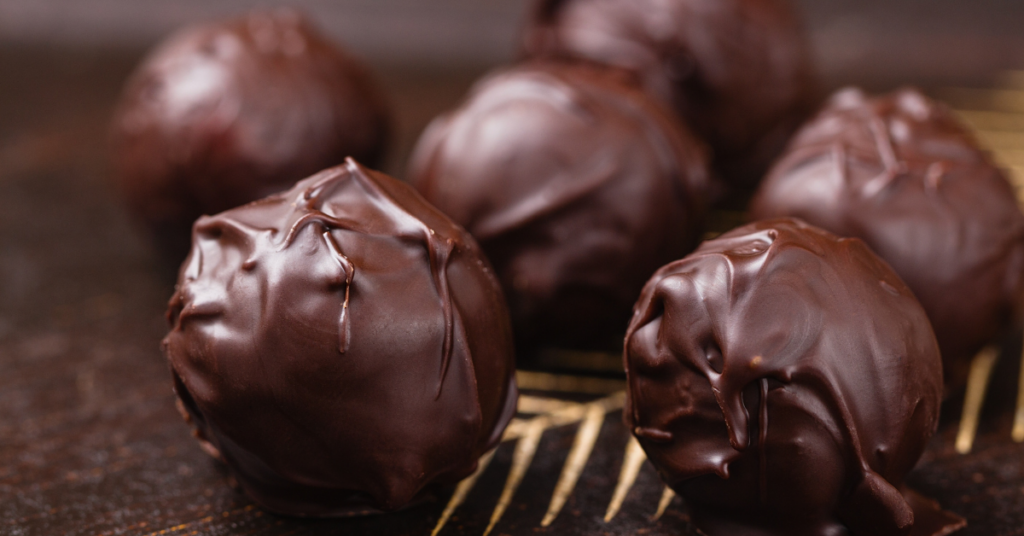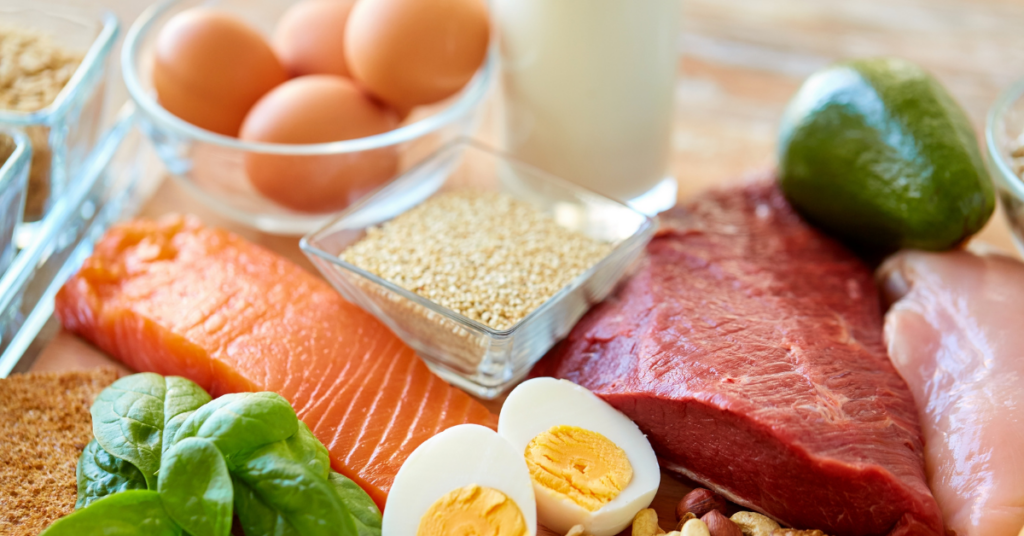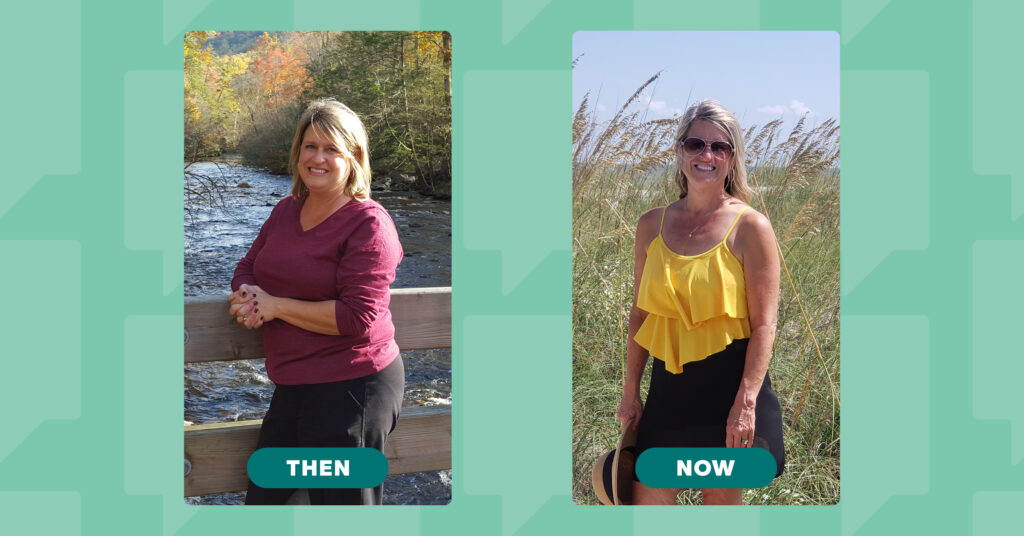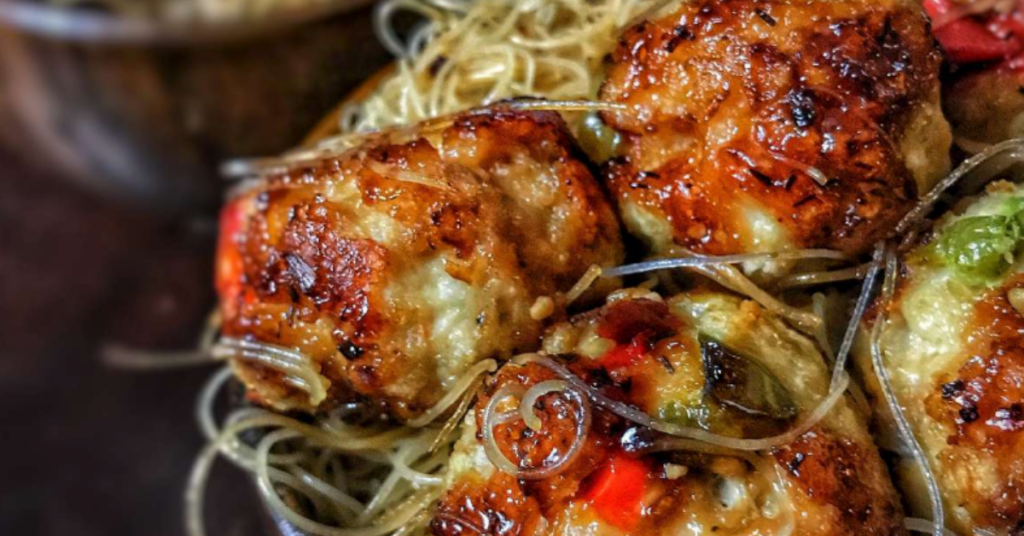One of the benefits of working with a Stronger U coach is that you have somebody in your corner who will lend a listening ear when you struggle with the physical and mental hurdles of weight loss. One of the common topics that many coaches talk with their members about is the idea of having a positive body image. Members will experience body image in a multitude of ways depending on: their journey, experiences, confidence, and so much. Body positivity is a dynamic topic that many Stronger U members struggle with, and so Coach Heather has compiled her best information and resources to help guide members who might be struggling with their own body image.
————-
When you look in the mirror, what do you see? For many, it can be easy to nitpick some of the “flaws” that you see. For others they might see some of the fantastic parts that make up their body. When you are focusing on a health and fitness journey, one of the most important changes that you can make is not to what everybody else sees from the outside, but instead a change should occur from how you think about your own body. What does it mean to have a positive body image? It’s not what you think! A positive body image is not just about appreciating what you see in the mirror, but also is realizing all of the amazing things that your body can do. Does your body allow you to:
- Complete workouts, getting stronger all of the time?
- Chase kids around (or even carry a child through pregnancy)?
- Stand on your feet all day at a rigorous job?
- Keep you healthy and able to enjoy your life to the fullest?
Our bodies do so much for us and often we allow our mind to wander and focus on our physical appearance without considering all of the things that our body does for us. When we talk about body positivity we are not limiting it to what we see in the mirror, instead we view beauty as a broad concept that encompasses more than just a few specific physical attributes, like our personality, our capabilities, our accomplishments, our values and strengths.
What is Body Image?
According to the National Eating Disorder Association (NEDA) body image is how you see yourself when you look in the mirror or when you picture yourself in your mind. It encompasses:
- What you believe about your own appearance (including your memories, assumptions, and generalizations).
- How you feel about your body, including your height, shape, and weight.
- How you sense and control your body as you move. How you physically experience or feel in your body.
On the other hand, having a negative body image, or distorted body image, often includes
- feelings of shame or embarrassment over perceived physical flaws
- An unrealistic view of how we see our bodies
- not accepting our new body after undergoing a significant body change
- being preoccupied with physical appearance to the point where we aren’t as engaged with the people and world around us
- avoiding things we would enjoy doing because of our physical appearance while participating
- frequently engaging in critical comparison to others and becoming jealous or envious of others’ physical appearance
- believing we only have value or self-worth if we meet certain physical standards
Extreme cases of negative body image can sometimes develop into Body Dysmorphic Disorder, or BDD. This is where we become obsessed with a perceived flaw in our appearance. These flaws are often minor or nonexistent, and not noticed by those around us. A negative body image pertains to the body as a whole, whereas BDD is often related to a specific body part, like our noses or thighs. Distorted body image, or BDD, can lead to pursuing certain dieting or exercise methods that may be physically or psychologically unsafe in order to achieve what we have identified as an ideal body shape or figure.
Our body image is closely linked to other mental health conditions. Some mental health conditions can increase the risk that we have a negative body image, such as various forms of anxiety, major depressive disorder, or OCD, while a negative body image can increase the risk of developing some other mental health conditions like mood or eating disorders. Improving our body image can have a positive impact on these things, and vice versa!
Where Does Body Image Come From?
We begin developing our body image, both positive or negative, from a very young age based on the messaging around us. That messaging can come from our parents, magazines, television, social media, cultural standards, faith practices, peers, etc. What messages did you internalize as a child that influences your body image today? What experiences negatively or positively impacted how you view yourself?
Lastly, just like the messaging around us influences our own body image, we influence how those close to us feel about their bodies with the messaging we send. This is especially important for those of us with kids or young adults in our lives! This isn’t just for those of you with daughters and nieces; body dissatisfaction in males has been on the rise and some research indicates it may be just as prevalent, although not as widely discussed. If we can model a positive body image, the kind of positive impact we could have on those close to us is immeasurable.
How to Start Promoting Body Positivity
How do we improve body image, when most of us have been struggling with it for as long as we can remember? It’s not easy, and it certainly won’t be quick, but it IS possible. And the first step to improving body image is believing that we can! Body image is not inherently linked to body size, or weight loss. Even people who have significantly changed their bodies struggle with poor self-image, because we rarely view ourselves objectively. Even after changing our bodies, if we don’t change our mindsets, we’ll continue to struggle.
Use the following techniques and tools to get started on improving your body image:
- Seek out others with positive body image. Like the saying goes, we are the average of the 5 people we spend the most time with!
- Get rid of unflattering clothes that you’re trying to make your body fit, and instead buy clothes that fit your body as it is right now
- Do an edit of your social media. Is your timeline filled with things that make you feel good? Or things that make you feel bad about yourself and your body?
- Keep a running list of all non-appearance related things that you like about yourself. For an added challenge, list at least 1-2 things that focus on things your body can do or has accomplished!
- Work on that inner voice. When the automatic, body-negative thought starts creeping in, take back your control of your inner dialogue. If need be, whip out that list of things you like about yourself as a reminder! If the messages become particularly difficult to silence or overcome, write down the negative messages and physically rewrite them from a more positive, compassionate perspective
- If feeling particularly overwhelmed with body dissatisfaction or poor self-image, step away and do a quick body scan meditation to reconnect with your physical self in the present moment https://www.headspace.com/meditation/body-scan
- Find hobbies or activities that bring you joy and don’t emphasize what your body looks like, but rather, what your body is capable of doing!
- Find an organization to volunteer with! Giving back to our communities helps us emphasize how we can use our bodies to help others, instead of fixating on our physical appearance.
- If your body image struggles persist and lead to feelings of overwhelming distress, then seek out professional guidance.
- You can find therapists and other health professionals, support groups, or even free/low cost resources for body image support here: https://www.nationaleatingdisorders.org/
- You can find an online therapist through Talkspace or BetterHelp
Remember: body image is an emotion, and like all emotions, it will fluctuate. It is not as easy as flipping a switch and resolving you will love and appreciate your body more. Instead, you will find that even while committing to loving your whole body better, you might still have days where you struggle with your body image. You’ll have good body image days followed by bad body image days. Hell, body image can even shift from good to bad in a single day! Just because your body image changes does not mean that your body has physically changed, and as such, taking dramatic or aggressive action with dieting or physical activity to try and change your body is unlikely to improve your body image in a lasting way.
If you find yourself struggling with your own body image, be sure to message your coach to start the conversation. They will be able to offer you support or provide you with resources to help find support in your community, if needed.
